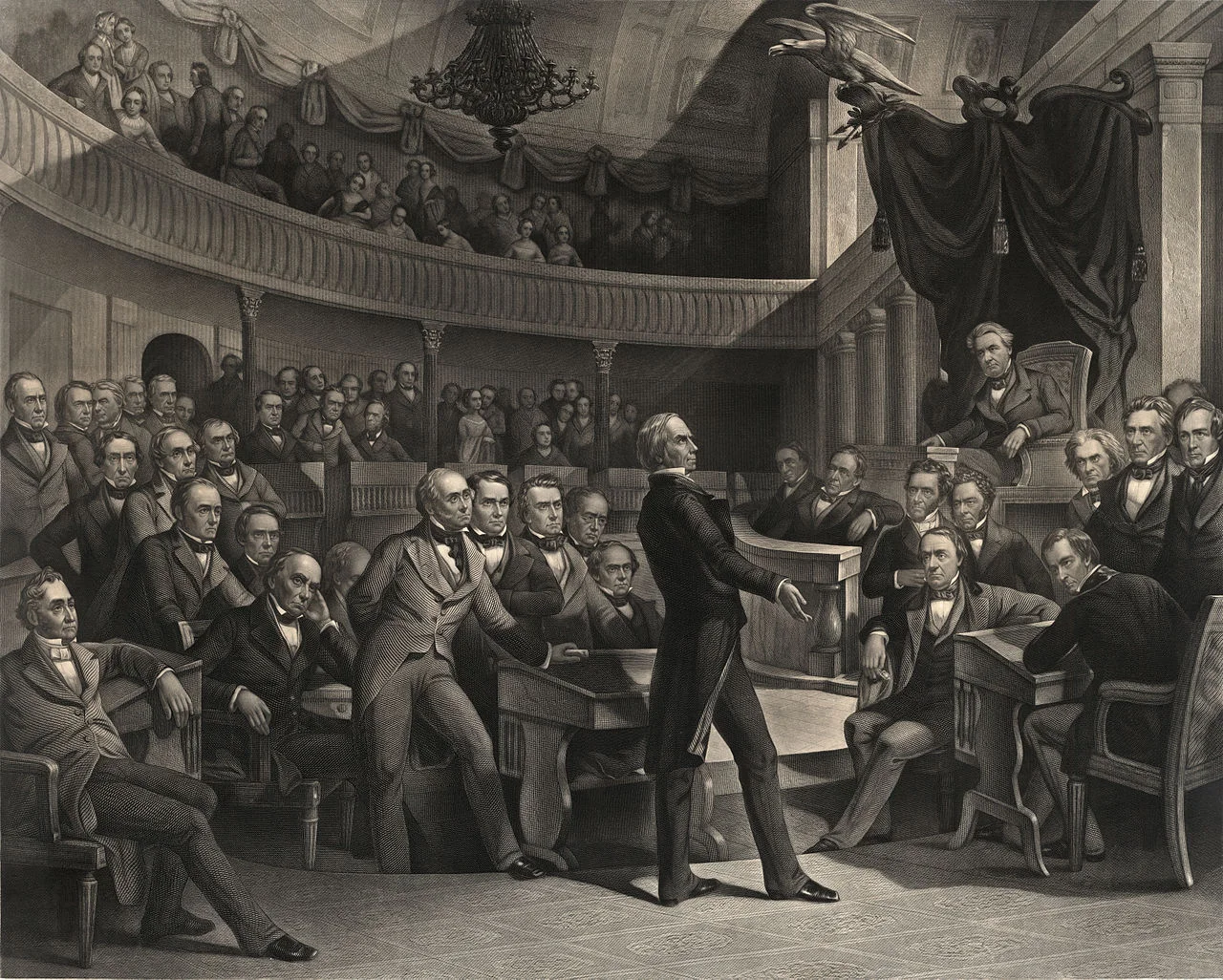
Ending D.E.I. Is Only Half the Battle
D.E.I. is retreating, but we must push hard against disparate impact to restore merit to its prominent place.
To truly save America from the yoke of D.E.I., the theory of disparate impact has to be eliminated. Still in effect today, this theory holds that intent does not matter: an employer can be held liable for unlawful discrimination if it uses skill-and knowledge-based tests that result in racial disparities. Despite the daily whirlwind of press releases, orders, agency letters, and enforcement actions announcing that another company or federal agency has ended another discriminatory diversity, equity, and inclusion practice, it’s easy to forget that ending discrimination is only half the battle. The other half is to restore “merit, aptitude, hard work, and determination when selecting people for jobs and services.” This laudable goal is one that economists and social psychologists have long known is a better way to eliminate bias and increase cooperation among diverse people than identity-based preferences.
But “disparate impact” is a breakwater blocking a broader surge toward merit. The Supreme Court first created disparate impact ex nihilo in Griggs v. Duke Power (1971) and Congress later codified it in the disastrous 1991 amendment to the Civil Rights Act. The disparate impact theory of liability holds that intent does not matter: an employer can be held liable for unlawful discrimination if it uses skill- and knowledge-based tests that result in racial disparities.
The Biden Administration, for example, sued Durham, North Carolina, because black test-takers failed a comprehensive exam the city used to screen entry-level firefighters more often than white test-takers did. According to disparate impact theory, the disparity between those groups’ results presumptively makes the Durham Fire Department a race discriminator.
A defendant in the fire department’s position can defend itself by proving that the test “has a manifest relationship to the employment in question,” but that defense will fail if a jury concludes that there was “an available alternative employment practice that has less disparate impact.”
Disparate impact’s focus is on group outcomes, not on malicious intent or on individual merit. Two assumptions underly the doctrine. First, either intentional discrimination or the lingering effects of past intentional discrimination cause disparities among racial groups. Second, the Civil Rights Act’s definition of “discrimination” includes both intentional discrimination and lingering effects, so employers are responsible for determining and remedying those lingering effects. Writing for the majority in Griggs, Chief Justice Burger said, “Congress has now provided that tests or criteria for employment or promotion may not provide equality of opportunity merely in the sense of the fabled offer of milk to the stork and the fox.”
The conclusion that Griggs drew from these premises is that equal treatment is not fair treatment if past discrimination makes one group less likely to acquire skills or knowledge; the only truly fair treatment is for employers to give those group’s members an advantage denied to others.
If that claim looks familiar, that’s because it’s the same one shared by lately popular “antiracists,” who claim that “[a] racist policy is any measure that produces or sustains racial inequity between racial groups.” Thus, any time a “minoritized” group fails to achieve the same results as white Americans or “assimilationists” like Asian Americans, racism and racism alone, they claim, causes that difference. The difference is not caused by people freely making different choices, some of which produce merits that correspond to certain jobs.
The solution to lingering disparities, they argue, is to reverse the direction of discrimination. The author of the bestselling book How to Be an Antiracist puts it this way: “the only remedy to past discrimination is present discrimination. The only remedy to present discrimination is future discrimination.”
Disparate impact’s remedy doesn’t go quite so far because the Civil Rights Act still cares about intent, but it shares the premises that lead to that conclusion. But those two bases of liability—intent and effects—are in tension, and that tension creates perverse results. The risk of disparate impact liability forces employers to consider race and sex and to balance their employees on these bases. At the same time, however, the threat of intent-based liability forbids employers from race- and sex-balancing.
A catch-22: you’re guilty if you focus on merit because, to quote law professor and U.S. Civil Rights Commissioner Gail Heriot, “everything has a disparate impact on some race, color, religion, sex, or national origin group,” but you are also guilty if you hire and promote people based on group identity to try to fix a disparity.
Predictably, employers’ response to this paradox was to move away from merit-based hiring practices and toward a focus on credentials. You can’t test whether applicants have skills or knowledge, but you can use a college degree as an imperfect proxy for intelligence. And that’s what employers did.
Additionally, they began hiring auditors to help identify disparities and devise strategies to eliminate them without crossing the line into intentional discrimination. Both reactions resulted in employers obsessing over identity characteristics and dubiously relevant credentials and minimizing merit. They don’t have a choice.
Trump’s energized anti-discrimination agenda won’t change that. That agenda will do good, of course. It will eliminate those unmeritorious hiring practices that expressly elevate identity characteristics over skill. But ending intentional discrimination will not, on its own, fully restore merit. The change in administrations won’t even temporarily restore merit because, although Trump has dropped Biden’s disparate impact enforcement cases, private litigants can still bring them. Abandoning credentialism in favor of skills and knowledge, therefore, remains a liability risk.
Eliminating disparate impact is not easy. Although the Supreme Court established it in Griggs, Congress incorporated it into law in 1991. It would seem, then, that it will remain in place until a filibuster-proof majority is willing to act against it. That’s a hard thing to get, but one worth working towards.
Justice Antonin Scalia and others have outlined arguments claiming that disparate impact is unconstitutional either because it violates the equal protection guarantee or because it is unconstitutionally vague. The Supreme Court’s newfound attention to the vagueness and arbitrariness of America’s racial categories in Students for Fair Admissions v. Harvard has significantly bolstered the arguments, but they have not been aggressively advanced in litigation.
Now, however, is a good time to start pushing them in court. Never have conservative judges been more sympathetic, never has there been so much academic literature torpedoing the assumptions underpinning group balancing, and never has an administration been so clear-eyed in its commitment to colorblindness. D.E.I. is retreating, but we must push hard against disparate impact to restore merit to its prominent place.
Giancarlo Canaparo is a Senior Legal Fellow at the Edwin Meese III Center for Legal and Judicial Studies at the Heritage Foundation.
Constitutionalism

Amicus Brief: Hon. William P. Barr and Hon. Michael B. Mukasey in Support of Petitioners
Former AGs Barr and Mukasey Cite Civitas in a SCOTUS Brief

Rational Judicial Review: Constitutions as Power-sharing Agreements, Secession, and the Problem of Dred Scott
Judicial review and originalism serve as valuable commitment mechanisms to enforce future compliance with a political bargain.

Supreme Court showdown exposes shaky case against birthright citizenship
Supreme Court will hear challenges to Trump's order ending birthright citizenship, testing the 14th Amendment's guarantee for babies born in America.

Two Hails For The Chief’s NDA
Instead of trying to futilely plug the dam to stop leaks, the Court should release a safety valve.

Charles Sumner’s Harmony with the Declaration
Sumner used the Declaration to increase the Constitution’s pursuit of forming a more perfect union.


.avif)










.avif)



